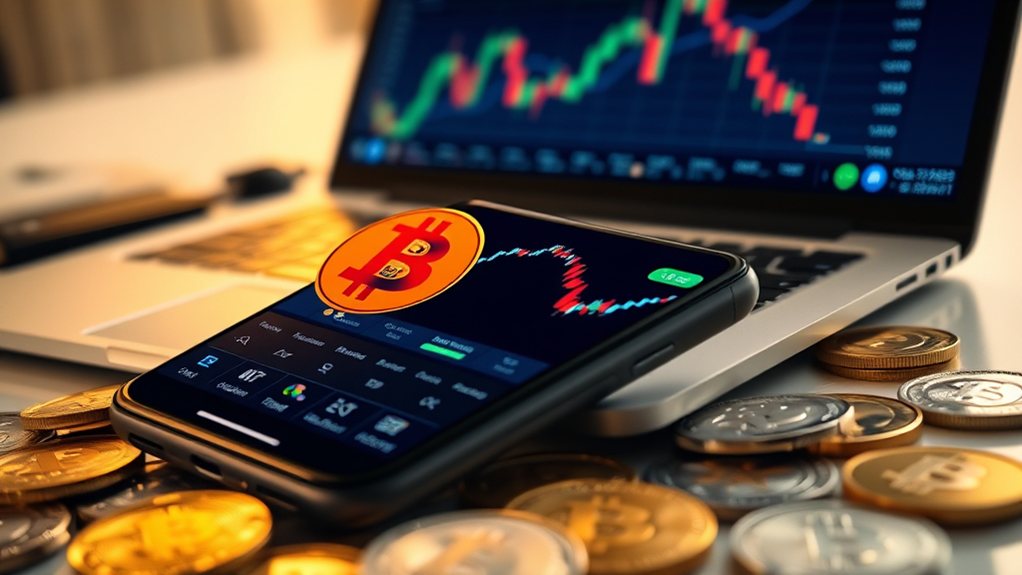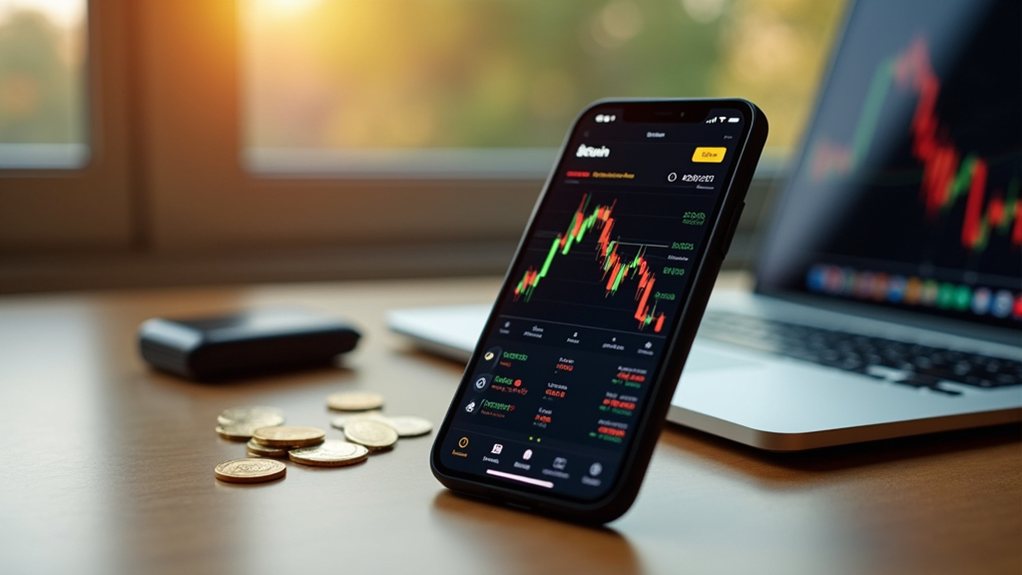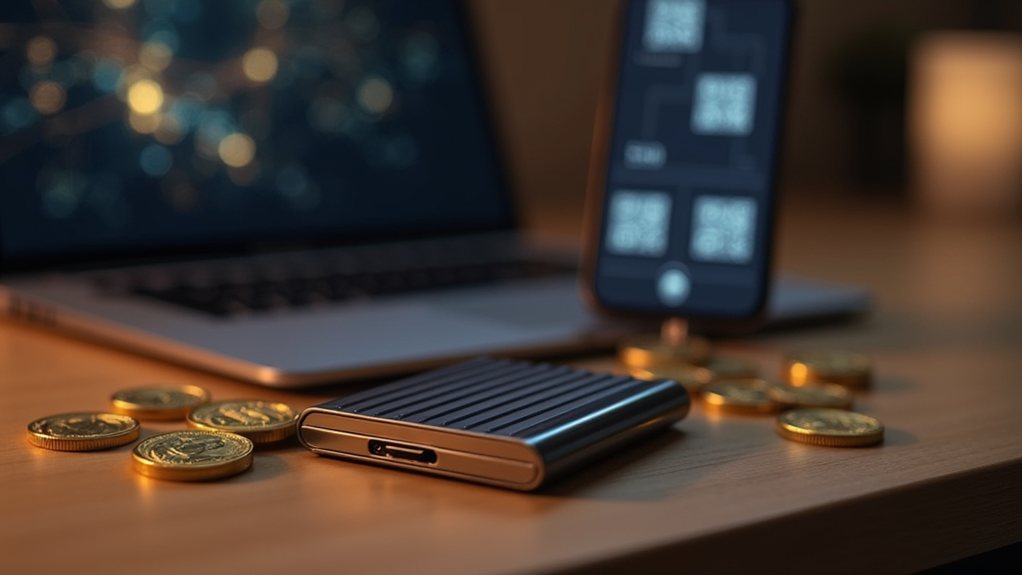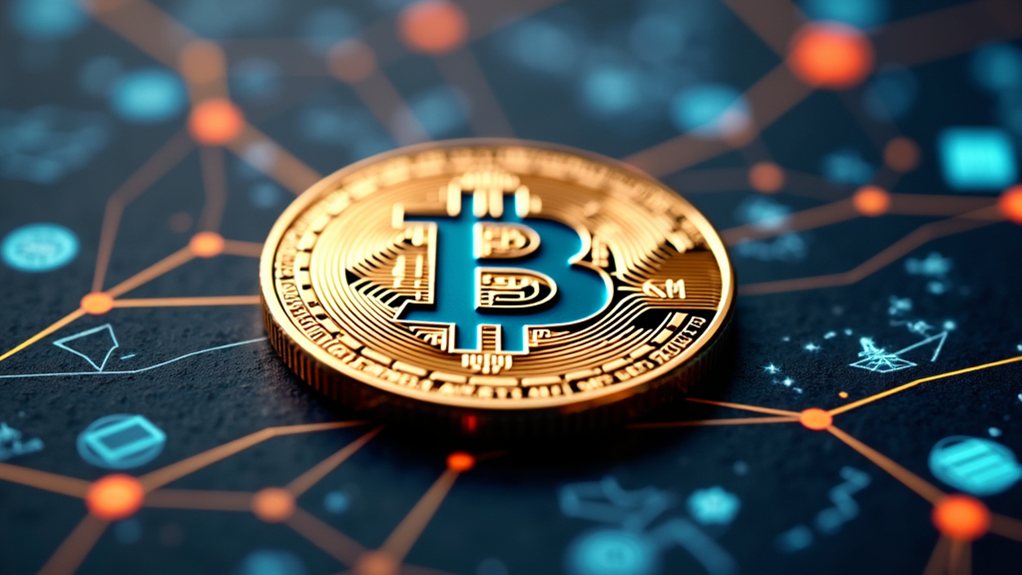Buying bitcoins involves four main steps. First, choose a reputable exchange like Coinbase or Binance based on fees and security features. Next, create an account and complete verification by submitting ID and proof of address. Then fund your account using bank transfers, credit cards, or other payment methods. Finally, place a market or limit order to purchase bitcoin. Many owners transfer their coins to personal wallets afterward for better security. The following information explains each step in greater detail.

Millions of people around the world are purchasing Bitcoin as this digital currency continues to gain popularity. The process begins with choosing a reputable exchange. Coinbase, Kraken, Gemini, and Binance are among the most popular options. Users typically compare fees, security features, and reputation before deciding. Some exchanges have geographical restrictions or limited payment methods. Regulatory compliance and insurance coverage are factors many users consider. Reading reviews and checking trading volume statistics can help in making this decision.
After selecting an exchange, users create an account. This process involves providing personal information to meet Know Your Customer (KYC) requirements. Exchanges require government-issued ID and proof of address. Many users enable two-factor authentication for increased security. The verification process usually takes one to three business days to complete, depending on the exchange's processing speed.
Once verified, buyers need to add funds to their accounts. Bank transfers through ACH are commonly used as they typically have lower fees. Credit or debit cards offer instant purchases but come with higher fees. Wire transfers work well for larger amounts but may have higher minimums. Some exchanges accept PayPal or other online payment systems. With Coinbase specifically, PayPal is available for US customers to buy Bitcoin or add USD. Each method has different deposit limits and processing times.
When funds are available, buyers can place an order. There are two main types: market orders that execute immediately at the current price, and limit orders where buyers set their desired price. Bitcoin can be purchased in fractional amounts, so buyers don't need to buy a whole coin. Before confirming, users see transaction details including fees and exchange rates. The exchange processes the order and updates the transaction history when complete. Depending on their preferences, users may choose either centralized exchanges that hold their funds or decentralized platforms that facilitate peer-to-peer trading without custody.
Many Bitcoin owners transfer their purchased coins to personal wallets for security. Options include hardware wallets, software wallets, and paper wallets. Each type offers different security features. Wallet recovery phrases should be backed up and stored offline. Some people use multi-signature wallets for large holdings to add an extra layer of protection. Cryptoradar provides a helpful tool to compare 90+ exchanges to find the best prices before making your purchase.
Bitcoin purchases aren't taxable in most countries, but selling Bitcoin may trigger capital gains tax. Record-keeping is essential for tax reporting. Tax laws for cryptocurrency vary by country. Some users utilize cryptocurrency tax software to track their transactions.
Successful Bitcoin buyers often monitor price trends and market news. Many set up price alerts for significant market movements. Dollar-cost averaging is a strategy some long-term investors use. The cryptocurrency community consistently warns never to invest more than one can afford to lose. Scams targeting Bitcoin owners are common, so caution is advised when dealing with cryptocurrency transactions.
Frequently Asked Questions
What Are the Tax Implications of Buying and Selling Bitcoin?
Bitcoin transactions have tax consequences. The IRS treats Bitcoin as property, not currency.
When someone sells Bitcoin, they'll owe capital gains tax on any profit. Short-term gains (held less than a year) are taxed like regular income. Long-term gains get lower tax rates.
Other taxable events include trading for different cryptocurrencies, buying goods with Bitcoin, or receiving it as payment. All Bitcoin transactions must be reported on tax returns.
How Do I Secure My Bitcoin Wallet From Hackers?
Bitcoin owners can secure wallets from hackers through several methods.
Hardware wallets store private keys offline, away from internet threats.
Two-factor authentication adds an extra security layer beyond passwords.
Proper key management means never sharing private keys and storing seed phrases offline.
Users should also secure their devices with updated antivirus software, avoid public Wi-Fi for transactions, and be alert for phishing attempts targeting their digital assets.
Can I Buy Bitcoin With a Credit Card?
Yes, consumers can purchase Bitcoin with credit cards through exchanges like Coinbase and Binance.
However, it's often expensive. Credit card purchases typically include cash advance fees (3-5%), higher interest rates, and exchange processing fees. The total cost can reach 10% of the purchase amount.
Some banks don't allow cryptocurrency transactions at all.
Alternatives with lower fees include debit cards, bank transfers, and PayPal.
What Happens if I Forget My Bitcoin Wallet Password?
Forgetting a Bitcoin wallet password can lead to permanent loss of funds. Bitcoin's security means there's no "forgotten password" button. Users who forget passwords can't access or send their Bitcoin.
Recovery options include trying password variations, using backup seed phrases, or hiring professional recovery services. These services charge fees, often as a percentage of recovered funds, with success rates between 5-35%.
Prevention includes using password managers and secure backups.
Are There Minimum Purchase Amounts When Buying Bitcoin?
Yes, there are minimum purchase amounts when buying Bitcoin.
Major exchanges have different requirements: Coinbase ($2), Gemini ($5), Kraken ($10), Binance ($15), and eToro ($25).
These minimums vary based on exchange policies, payment methods, and regulations.
Alternatives like Bitcoin ATMs and peer-to-peer platforms often allow smaller purchases.
Bitcoin itself is divisible into 100 million satoshis, making fractional purchases possible for smaller investors.










